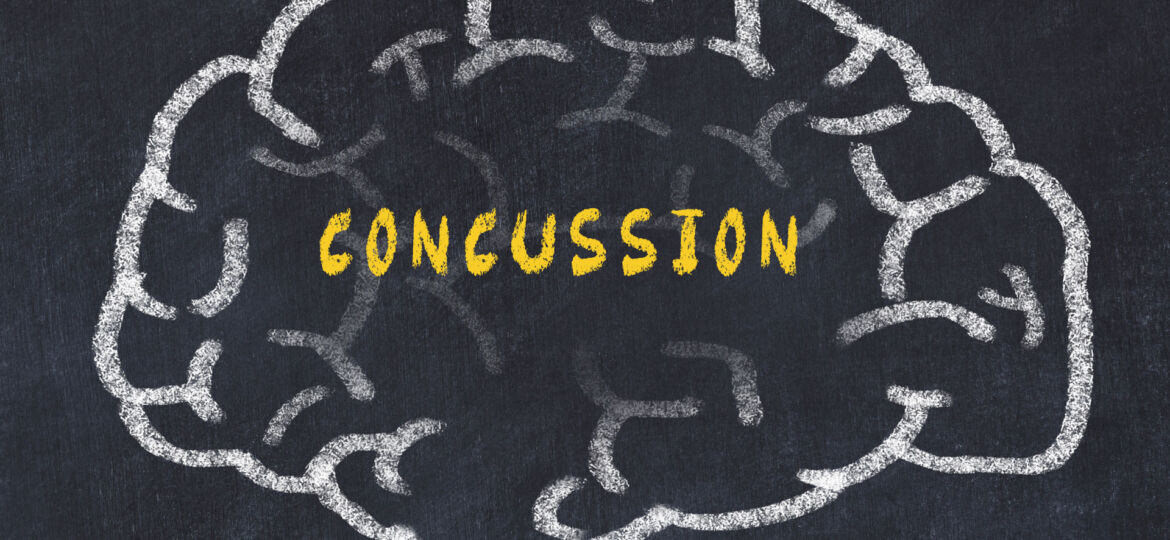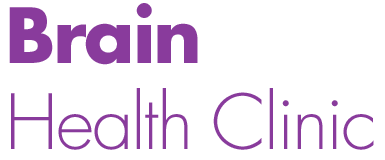
There is now significant awareness of the damage that can be caused to brain function by suffering concussions. Increasing knowledge about these deficits has led to concussion protocols in all major sports that are followed after players suffer head injuries. But concussions do not just affect professional athletes, and sports is simply one of the most visible sources of concussions. Active military service, auto collisions, and ordinary accidents can all lead to concussions and the symptoms of post-concussive disorder, also called post-concussive syndrome. What can Sacramento’s Brain Health Clinic offer those who suffer from the after-effects of concussions?
Symptoms After Concussions
The effects of concussions can persist for months or even years after the initial trauma. Typically, patients with post-concussive syndrome complain of the following ailments:
- Headaches
- Attention deficits
- Decline in thinking ability
- Fatigue
- Irritability
- Insomnia
- Sensitivity to noise and light
- Anxiety
Patients with these problems should always consult with their doctor to rule out any other cause, such as side effects from prescription medications or physiological factors not associated with a brain injury.
Research Results on Neurofeedback for Post-Concussive Effects
Neurofeedback therapy (NFT) has demonstrated effectiveness for reducing persistent symptoms following traumatic brain injury (TBI). — Military Medicine
Post-concussive disorders are often found in military veterans who experienced combat and those who suffer from PTSD, or post-traumatic stress disorder. As a result, significant research has been and continues to be conducted on methods of treating both disorders. Neurofeedback is included in many of these studies and shows significant promise for helping people with post-concussive syndrome.
For example, research conducted in 2020 by the Defense and Veterans Brain Injury Center, together with the Evans Army Community Hospital, found that a course of neurofeedback therapy positively affected the ability to maintain attention and improved cognitive performance. Another study demonstrated that after receiving neurofeedback therapy “participants tolerated the treatment well and reported a positive experience. Symptom improvement was observed, including depressive, neurobehavioral, and pain-related symptoms, with effects sustained at 3-month follow-up.”
If you would like to experience the benefits of neurofeedback training for post-concussive symptoms, contact the Brain Health Clinic and ask for a free initial consultation.
